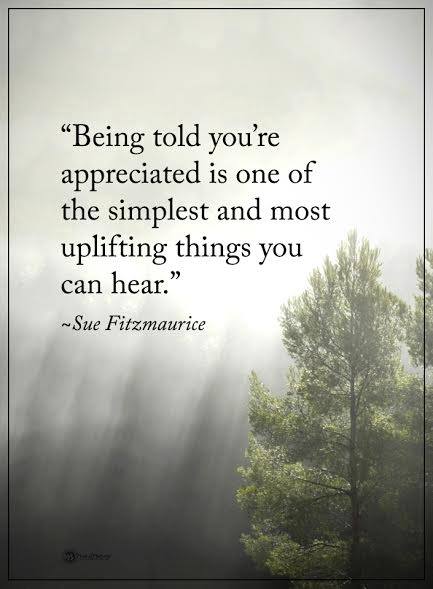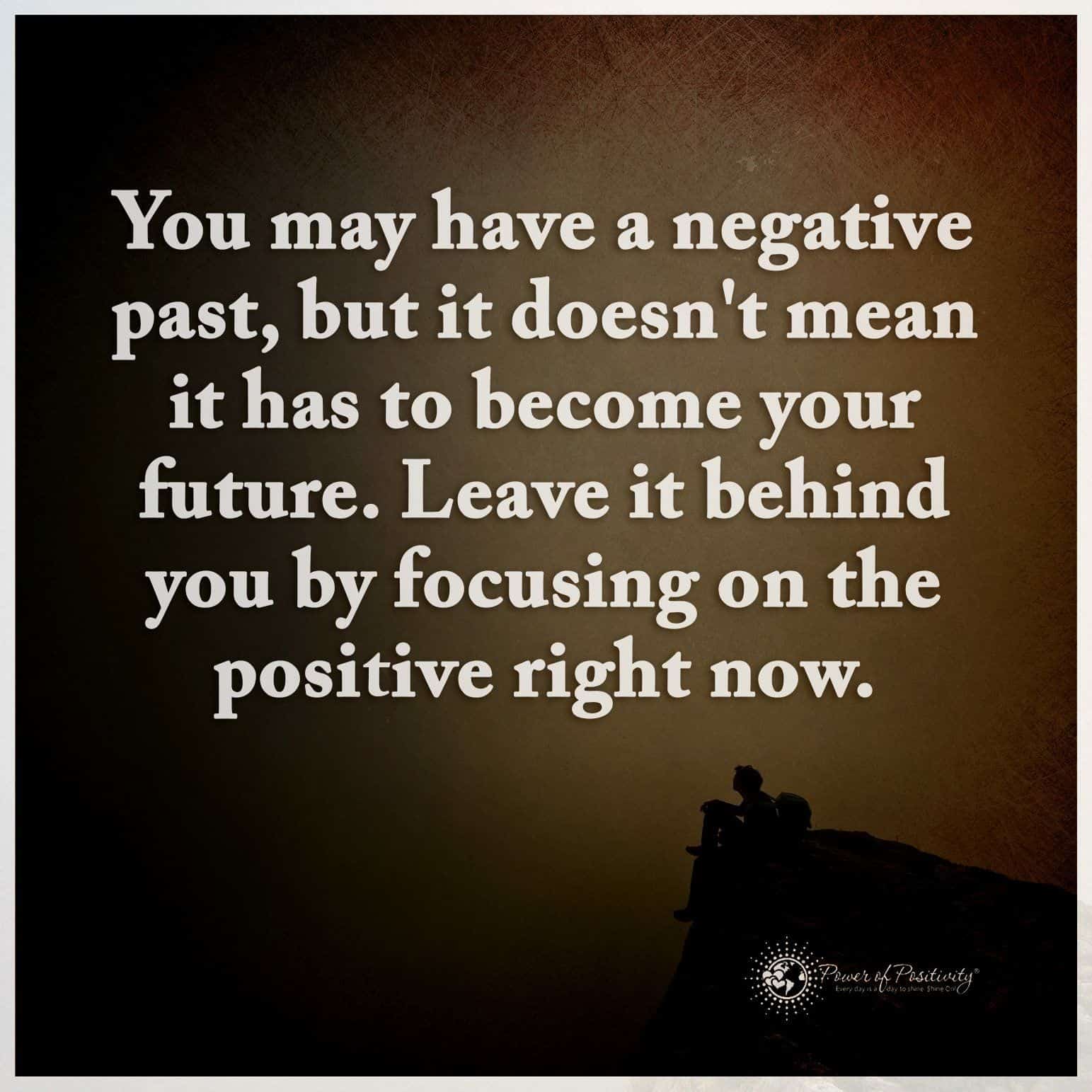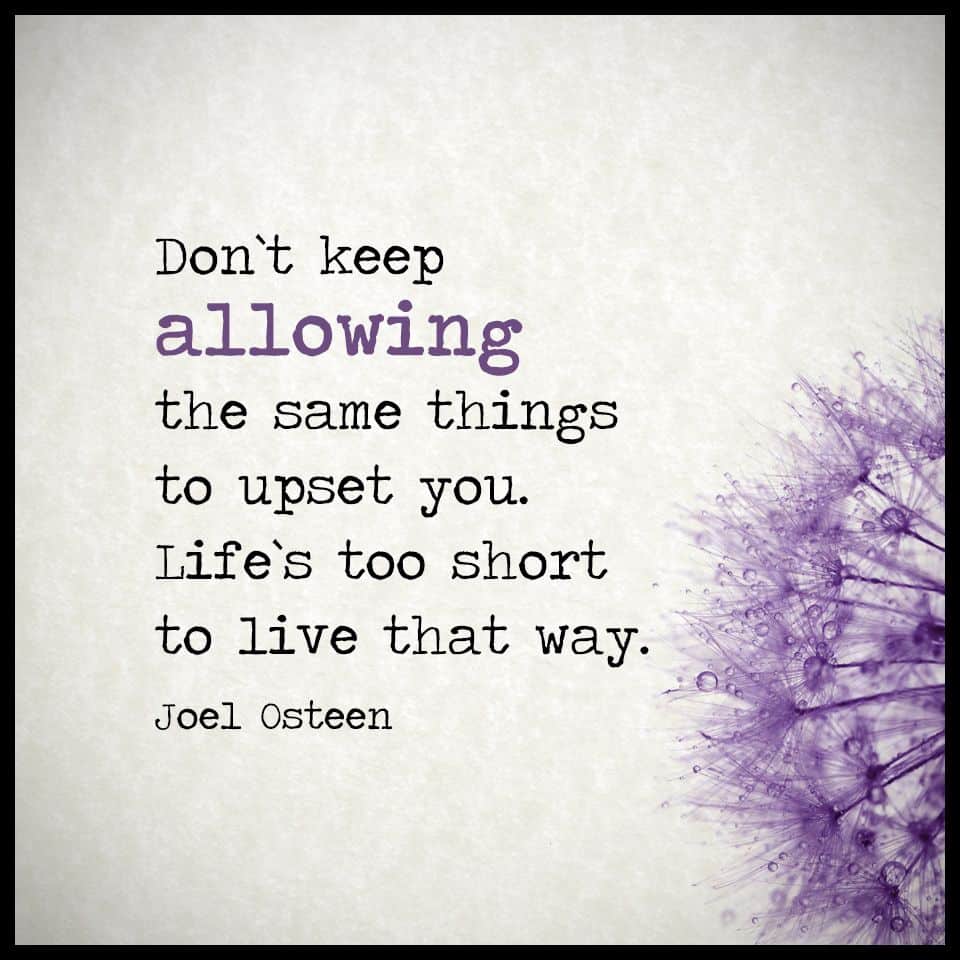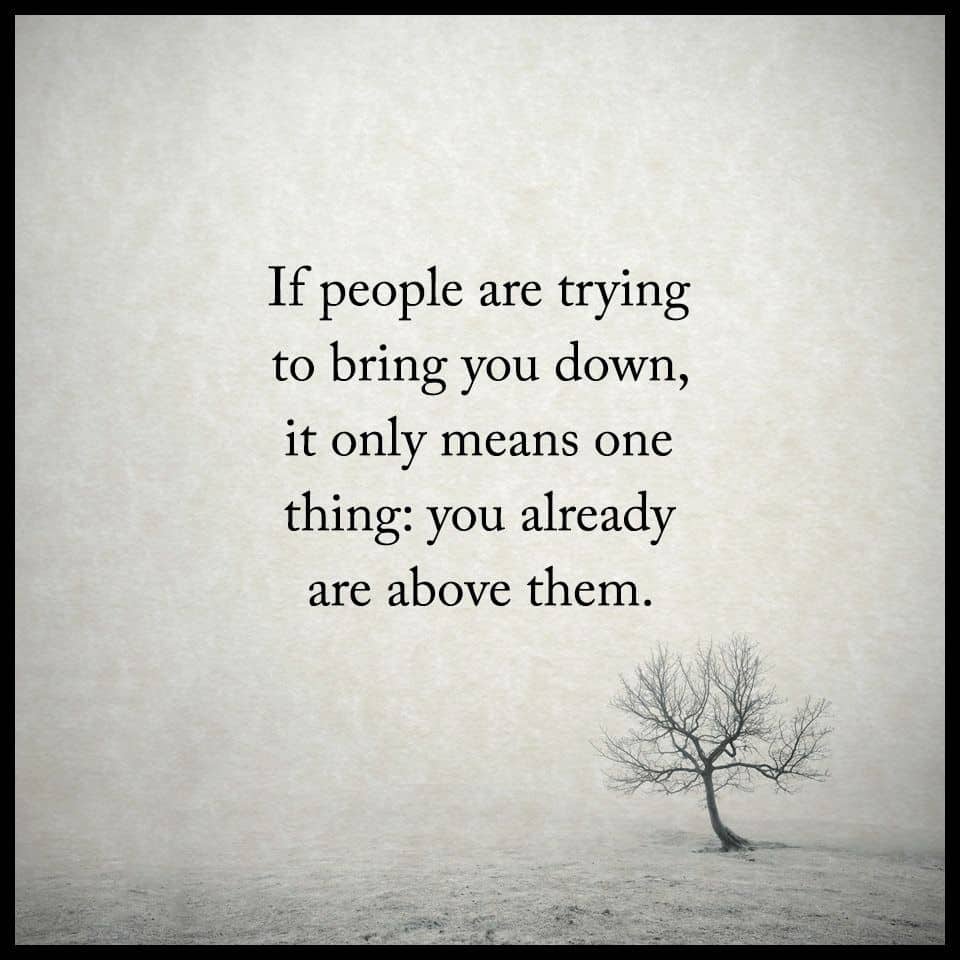If you want a perennial honeymoon phase in your relationship, sit back and get comfy because Power of Positivity has something for you. Everyone wants to stay all loved up with their love dove but then reality sets in, with stressful jobs, kids, and house upkeep at the forefront of normal problems for life partners. Here, we talk about how to stay in the “honeymoon phase” zone, even years and decades after saying “I do”.
10 Things Couples Do To Stay In The Honeymoon Phase
1. Keep wooing their partner.
You know your partner better than anyone out there, so why not do the things that got you their affections in the first place? Trying new things can never hurt, either. Even if it is a complete disaster, it will be something you can laugh about months and years later with your one and only.
2. Cuddling never stops for people who stay in the honeymoon phase.
One of the best ways to stay emotionally connected is physical connection, and what better way than to get into a cuddle huddle for two? After all, it is here where two hearts are closest. Can you feel that spark yet?
3. Talking the same love language.
Does Trixie like a massage before bed? Does Trevor like a flirty, saucy message at work to remind him what is waiting for him at home? You need to know not just how the other person ticks, but also how YOU tick. That is done in many ways in many different situations. When this is done right, your relationship will run like clockwork.
4. Couples in the honeymoon phase see things from their partner’s perspective.
Why did Trevor not wash the dishes even though it was his turn tonight? He has a big presentation in the boardroom tomorrow. Why did Trevor take the twins to the park the next day? To give Trixie a rest after being up all night attending to tiny Tommy. You are in a relationship to enhance your partner’s life and to enjoy this enrichment in return, without asking for it.

5. Making time to enjoy each other’s company.
No distractions are allowed, including tiny Tiffany and Tommy. Book babysitter Bessie if you must or get Granny Gloria on the scene. Just go out together and remember why you chose each other. Remember the whens, the wheres, the hows, the what happens, remember the very essence of Trix and Trev (TNT).
6. More positive experiences than negative.
From the mouths of boffins now, psychologist John Gottman is one of the world’s most recognised researchers into a couple’s likeliness of staying together versus breaking up. After decades of extensive research, he has come up with an approximate ratio of positive experiences to negative ones – 5:1 for a “healthy relationship”, five positive experiences to one negative.
7. Think about why you are with your partner.
What is it about Trix that Trev finds alluring? What is it about Trev that makes Trix go weak at the knees? Please make the time to ponder, a couple of minutes a day can do the trick. When stabilised hormones set in, it is easy to think about the negative traits whilst forgetting the positive ones.
8. Just listen.
Letting go of a bit of steam is sometimes a must and, as much as we want to help, the best thing we can do is do what the subheading suggests. The same goes with voicing concerns about something perturbing or any other negative emotion.
Related article: 7 Signs Your Partner Is Your Best Friend
9. Share your passions to remain in the honeymoon phase.
Accepting differences is what makes us individuals, but you are also partners in crime, so do what you both love together. If you both love exploring the Copan Ruins of Honduras and the surrounding area, do that. Or you are both thrill-seekers, then Alton Towers in the UK may be your thing. Music? Concerts are happening all the time all over the world. It will strengthen your relationship. Just ask TNT.
10. Know that your wedding day will not be your happiest.
Life should never be in a downward spiral after tying the knot. You have so much more to live for afterwards. For TNT it was: the birth of twins Tommy and Tiffany; taking the trip of a lifetime to Copan Ruins; Trevor getting a key promotion after the presentation in the boardroom; Trixie running the Great North Run in Newcastle-upon-Tyne in the UK. Life is for living, no matter your civil status.










